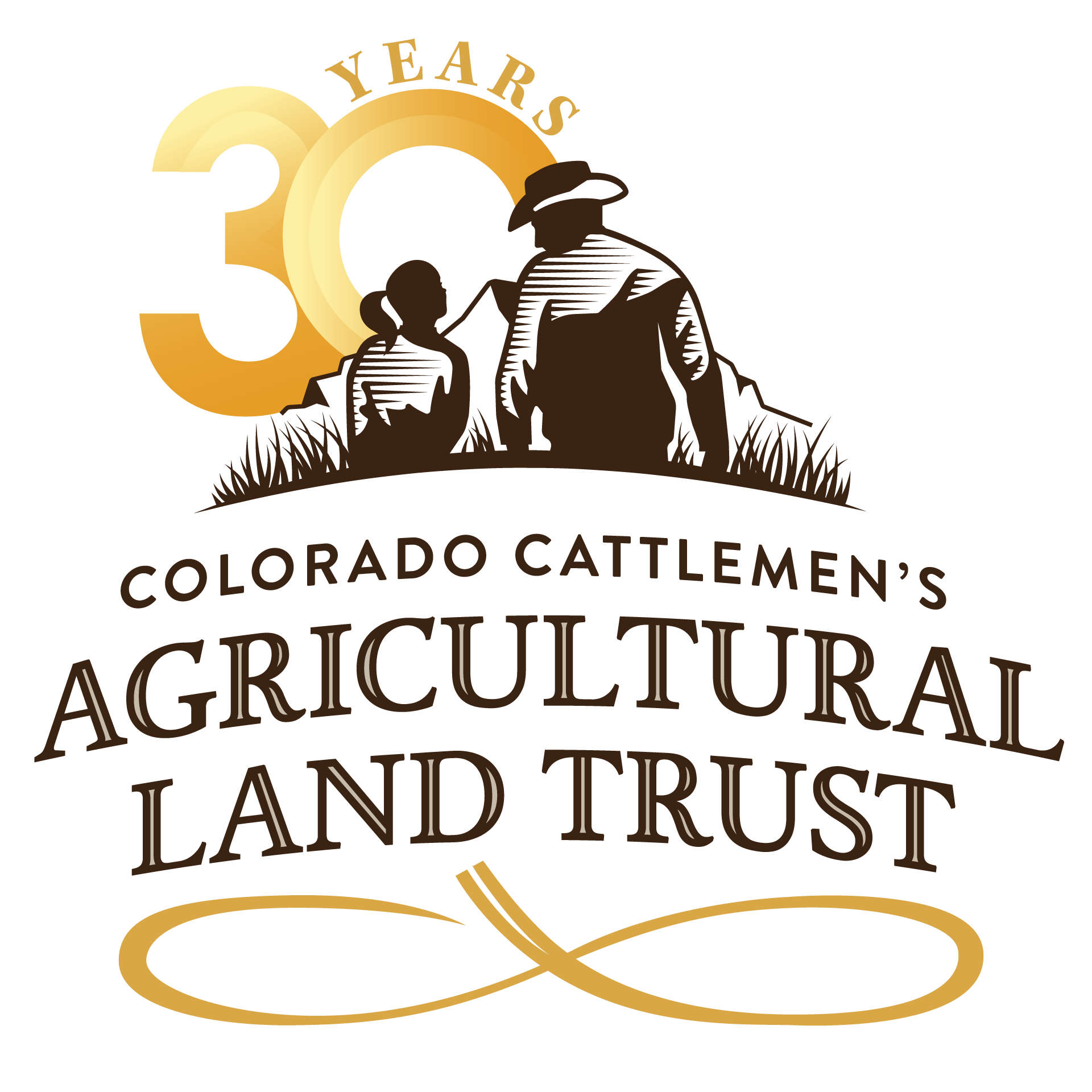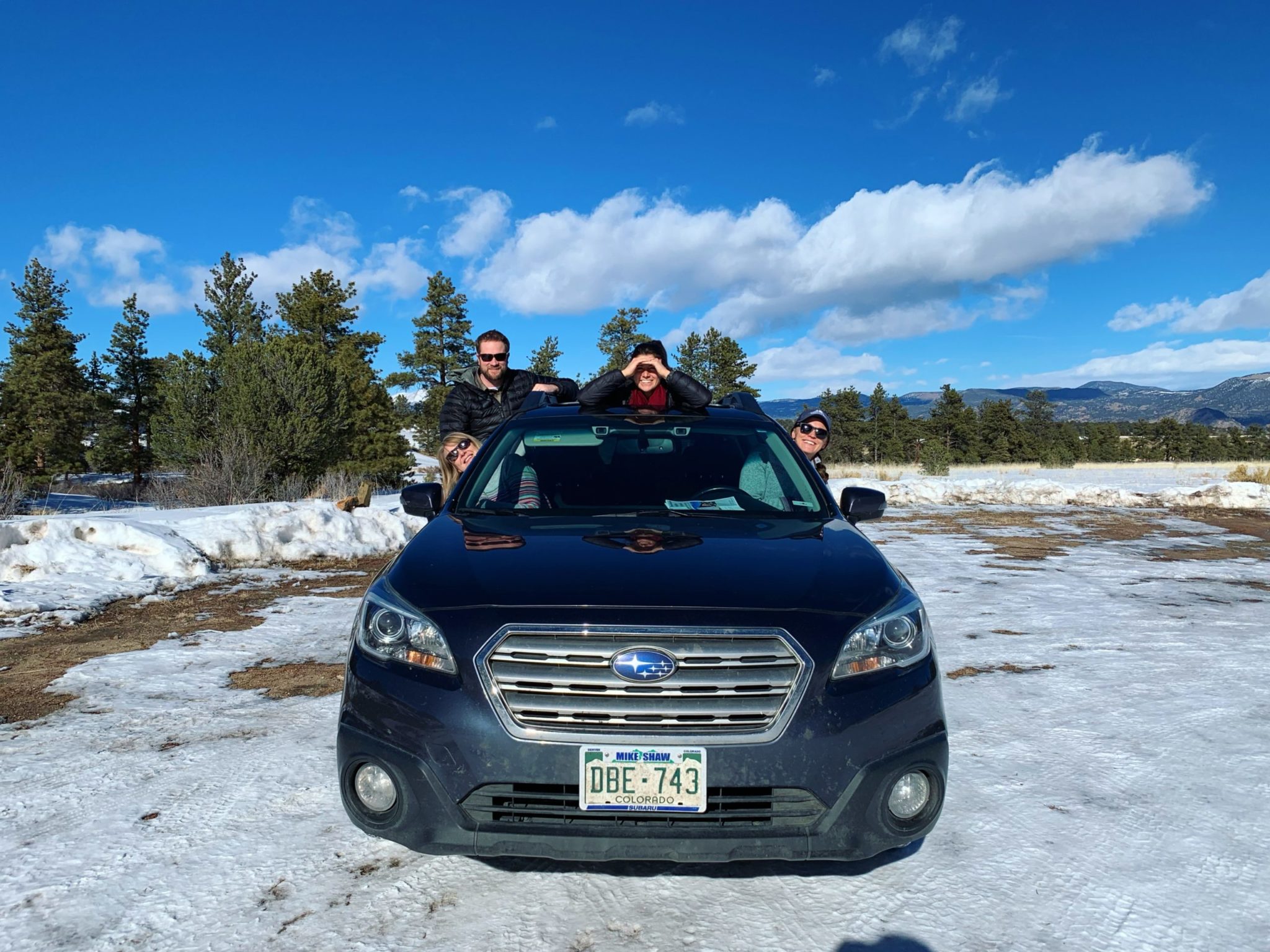12 Wins for CCALT in 2019 that YOU Made Possible
2019 proved to be CCALT’s busiest year to date. Read on for a list of successes and victories that YOU helped to make possible last year.
WIN #1: 7 Families Utilize Conservation Easements
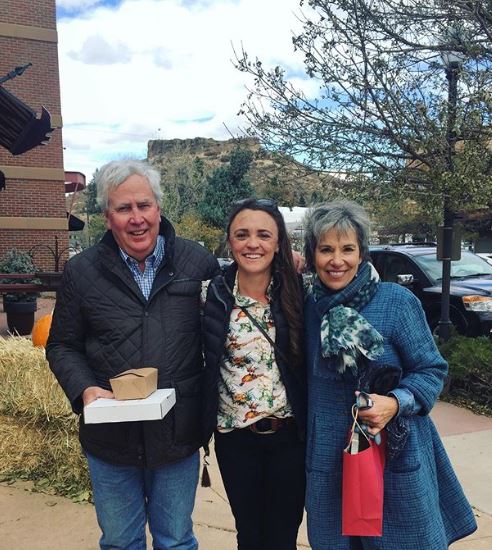
The Colorado Cattlemen’s Agricultural Land Trust partnered with seven ranching families across the state to conserve some of Colorado’s most productive agricultural land. 71% of the ranches conserved in 2019 are owned and operated by multigenerational ranching families.
WIN #2: Successfully Merged with the Yampa Valley Land Trust
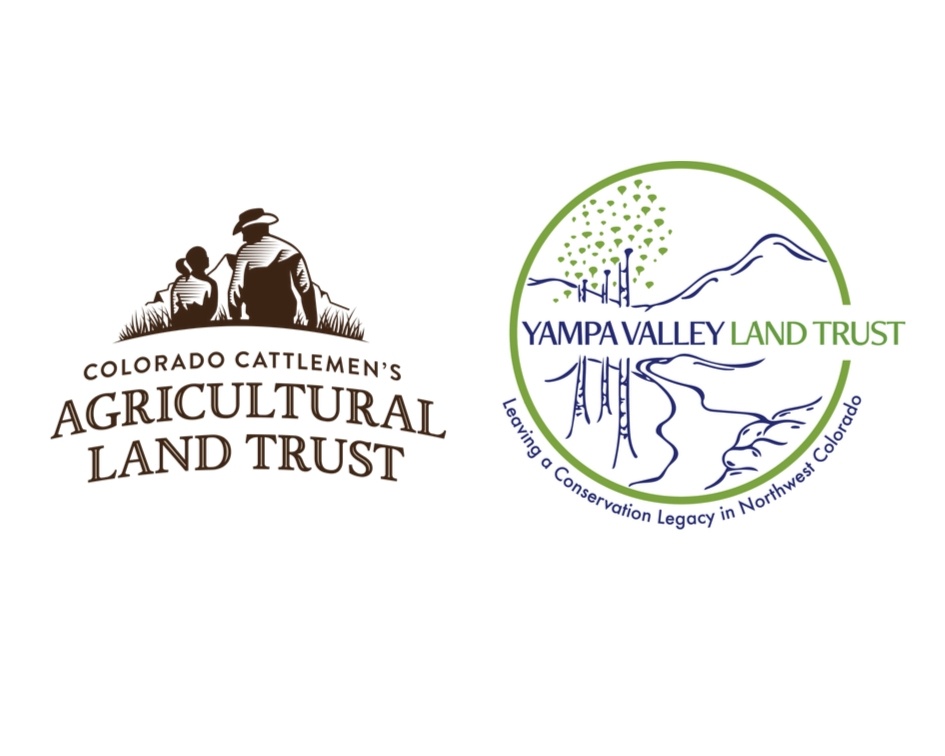
The biggest project of 2019 wrapped up on October 1, 2019, when CCALT officially merged with the Yampa Valley Land Trust (YVLT). The project took months of due diligence review, planning, and coordination from both organizations. Completion of the merger marked the official launch of CCALT’s Yampa Valley Conservation Partnership.
WIN #3: Surpassed 630,000 Total Acres Conserved
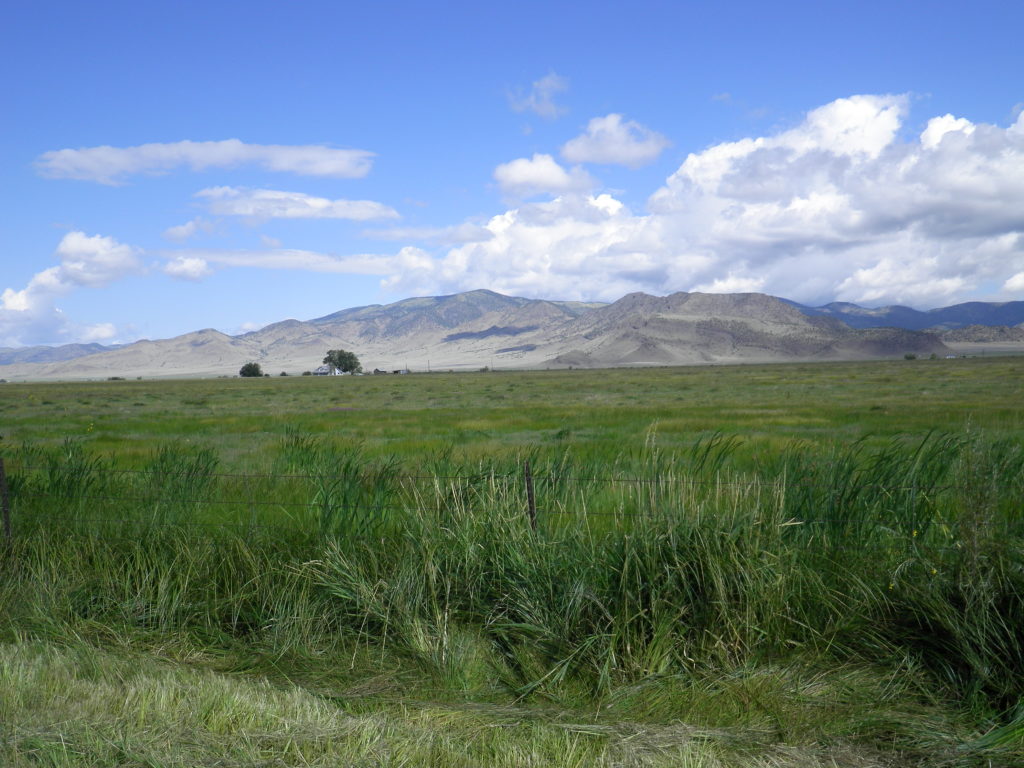
In 2019, CCALT conserved 6,635 acres of productive agricultural land in five different Colorado counties. Following the merger with the Yampa Valley Land Trust, CCALT added 56,067 additional acres to our conservation portfolio bringing the total acreage conserved under the CCALT umbrella to 637,132 acres. In terms of acres conserved, CCALT is the fourth largest land trust in the nation and the largest statewide land trust in Colorado.
*Visualize CCALT’s success: one acre is approximately the size of a football field. That means that with our landowner partners, CCALT conserved more than 6,500 football fields in 2019!
WIN #4: Visited and Monitored All 355 Conservation Easements Held by CCALT.
In fulfilling our long-term obligations to ensure that the terms of the conservation easements held by CCALT are maintained, staff visited each of the 355 farms and ranches that have partnered with CCALT.
WIN #5: Built on Habitat Connectivity and Conservation for Native and Migratory Species
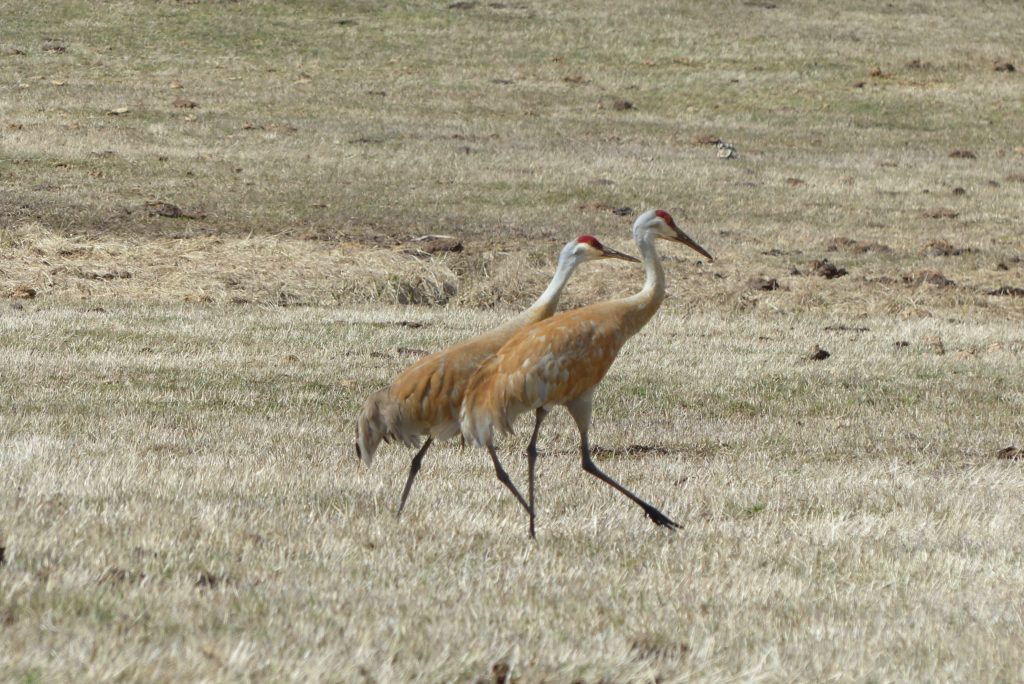
In 2019, CCALT increased habitat connectivity by protecting land near or adjacent to nearly 60,000 acres of previously protected land. Specifically, land conserved in 2019 borders 11 existing conservation easements already held by CCALT.
All of the ranches that CCALT conserved this year provide habitat for a wide variety of mammals, birds, reptiles, and insects that are native to Colorado. Specifically, CCALT conserved habitat for the following species in 2019:
- Greater Sage-grouse: 4,887 acres
- Moose: 2,097 acres
- Pronghorn: 4,257 acres
- Mule Deer: 6,635 acres
- Elk: 6,635 acres
- Bear: 6,461 acres
WIN #6: Cars for Conservation
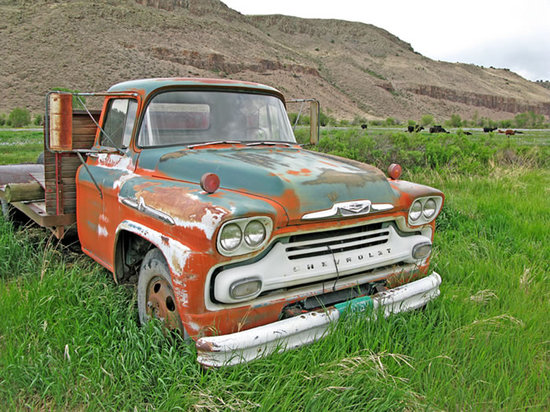
Last year, CCALT successfully launched our first ever Vehicle Giving Program. Eight generous individuals donated their automobiles in support of ranchland conservation. In its first year, the program contributed to the conservation of nearly 200 acres of ranchland across the state.
WIN #7: More than 14 Miles of Major Waterways and Tributary Creeks Conserved
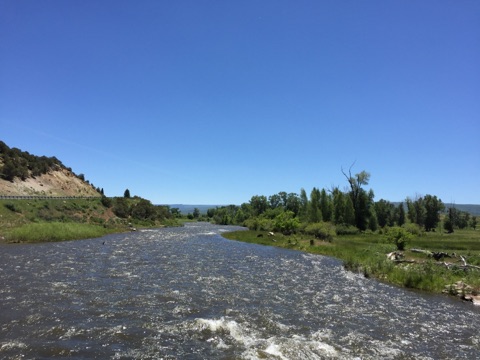
In 2019, CCALT conserved 14.2 miles along major waterways and tributary creeks, including pristine waterfront along the White River. Of the ranches conserved in 2019, one ranch in particular closed a conservation gap along 3.5 miles of Saguache Creek, linking together more than 17 miles of conserved river frontage along the waterway.
In addition to protecting major waterways and tributary creeks, CCALT also conserved approximately 2,539 acres of irrigated hay meadows and the water necessary to support the species that depend on these habitats and ensure the ranches’ long-term productivity.
WIN #8: Unobstructed Colorado Views Preserved
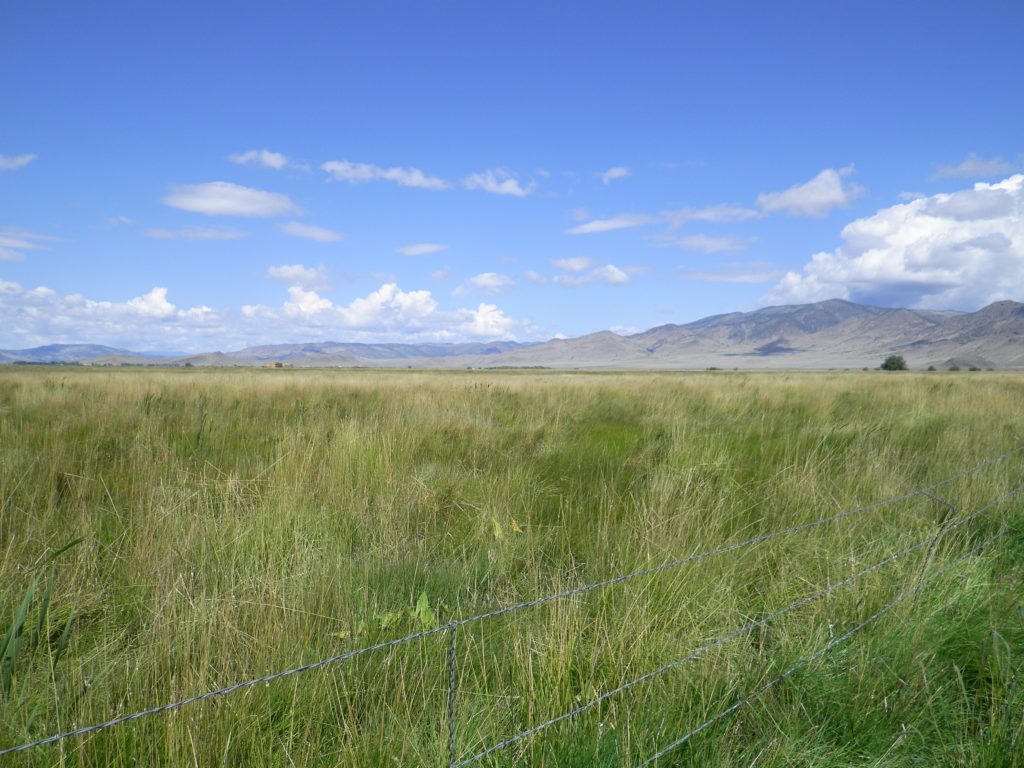
A benefit to all Coloradans, CCALT’s conservation efforts in 2019 resulted in the preservation of views iconic to Colorado – rolling prairies, mountain vistas, and meandering streams. Mountain views of the Front Range (including the Kenosha Mountains and Tarryall Mountains), Flat Tops, Sangre de Cristo Range, Park Range (including Mount Zirkel) and Flat Tops Wilderness Area are all visible from ranches conserved this year.
One scenic byway – The Flat Tops Trail Scenic Byway – and one state highway were impacted by CCALT’s work in 2019. Ranches conserved along these corridors offer travelers unobstructed views of Colorado’s iconic natural beauty.
WIN #9: Two New Staff Members
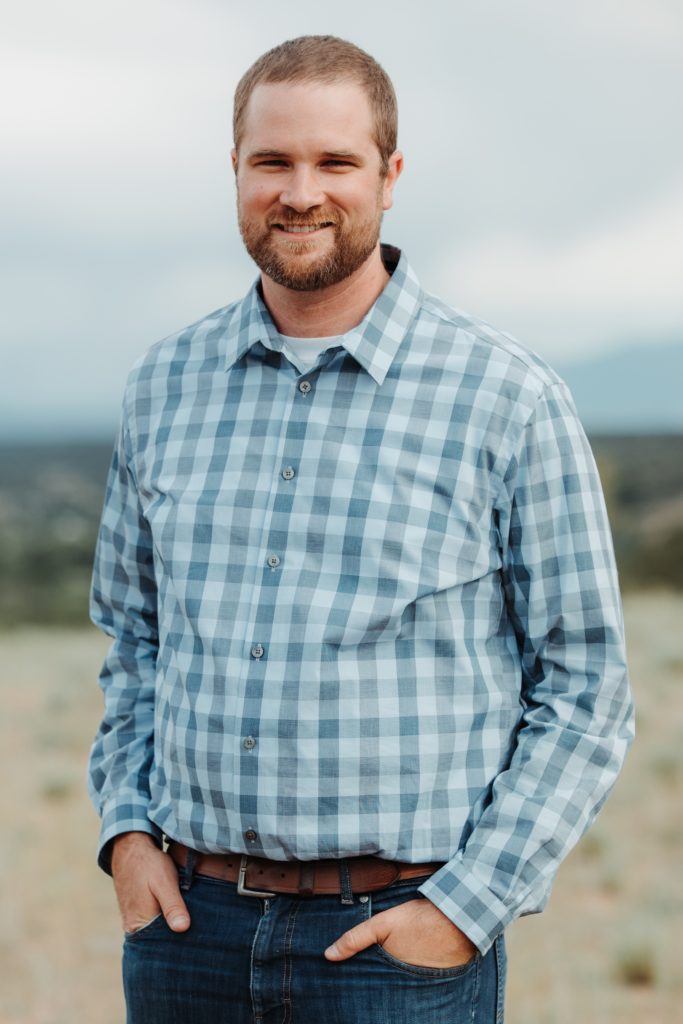
Brad Cory – Conservation Manager
In 2019 Brad joined the CCALT team after completing his graduate degree in Environmental Studies at the University of Colorado. Brad volunteered with CCALT before starting graduate school, so having him back in action at the land trust was a huge win!
Bryce Hinchman – Conservation Manager
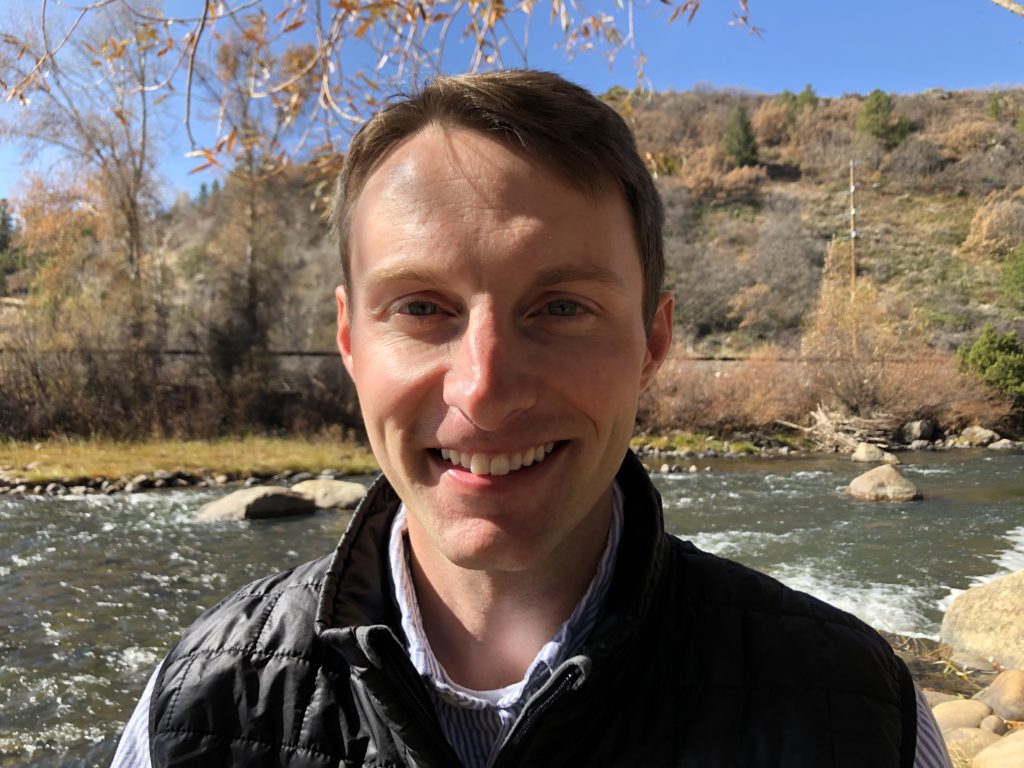
Bryce joined CCALT from the Yampa Valley Land Trust following the merger in October. We are excited to have Bryce join our team and bring his conservation expertise to CCALT landowners across the state!
WIN #10: 25th Anniversary Book
In 2019, CCALT embarked on a project to capture the history and creation story of CCALT. Rick Knight, CCALT Board Member, took the lead on the project which, when completed, will not only tell CCALT’s own history, but include more than 10 essays from conservation professionals and 11 stories of CCALT landowning families.
BONUS Win – Conservation Highlight: Hill Family Ranches

In 2019, the Hill family partnered with CCALT to conserve six (yes, six!) of their ranches in the San Luis Valley. The expansive project added to the Hill family’s incredible conservation legacy in the area, which prior to 2019, included 5,691 acres and seven separate conservation projects.
BONUS Win – Conservation Highlight: First Conservation Easement on Historic Public Park
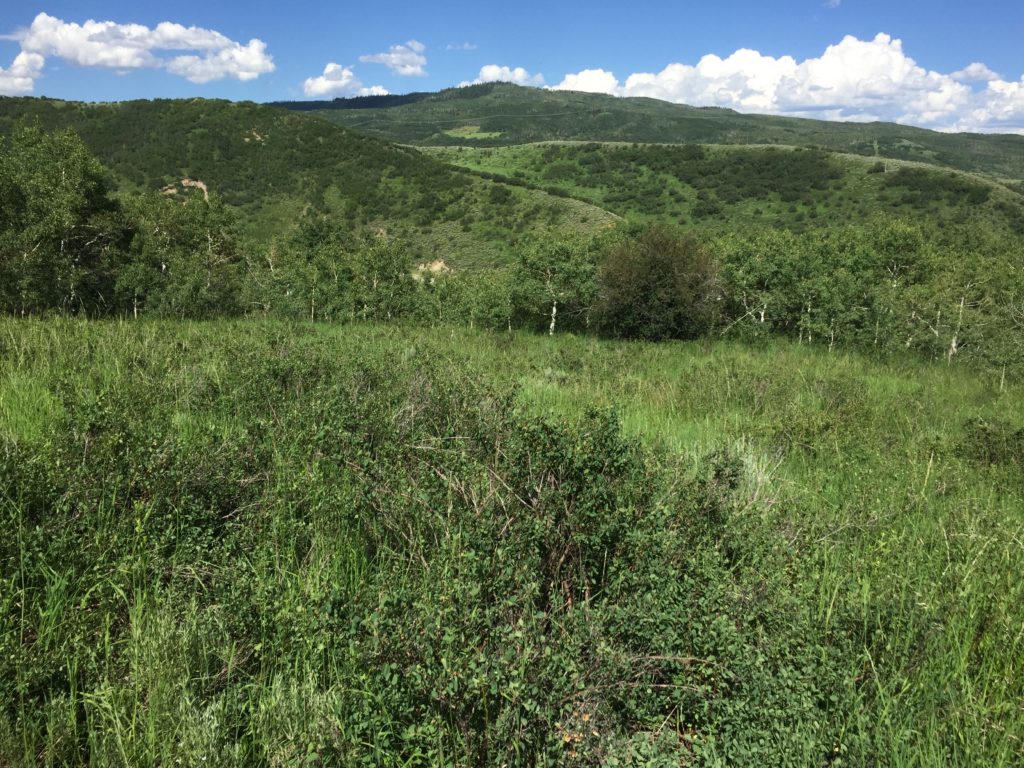
Oak Creek Mountain Park is within walking distance of downtown Oak Creek, and has been utilized by locals for years. In the fall of 2019, CCALT picked up the project from YVLT and worked with local partners to successfully conserve the landscape – ensuring that a cherished community asset would remain as open space with dedicated public access for low-impact recreation including hiking, biking, and horseback riding into the future. This was the first project completed under CCALT’s newly formed Yampa Valley Conservation Partnership.
